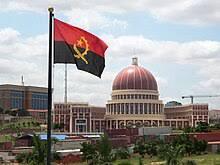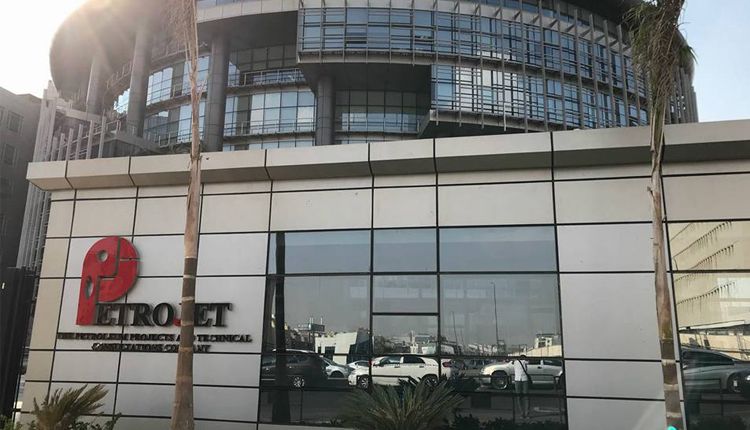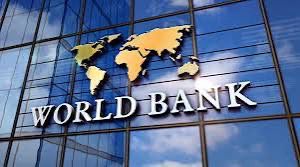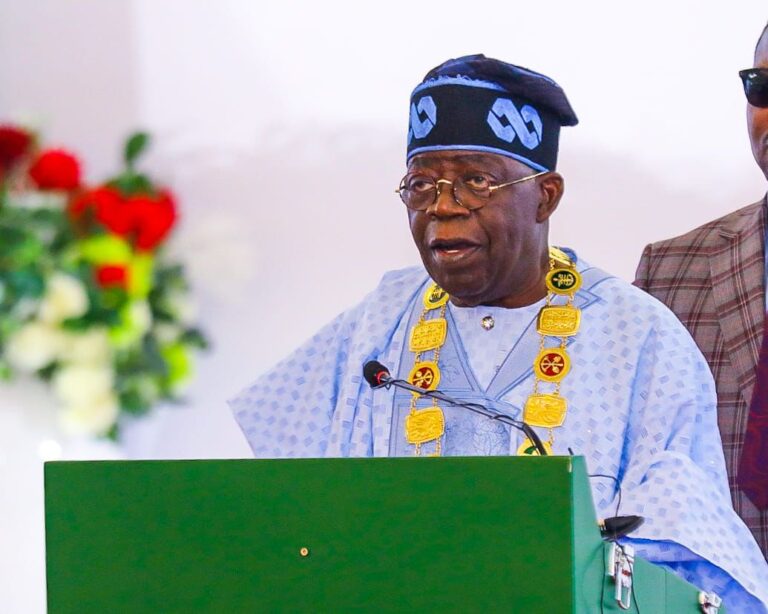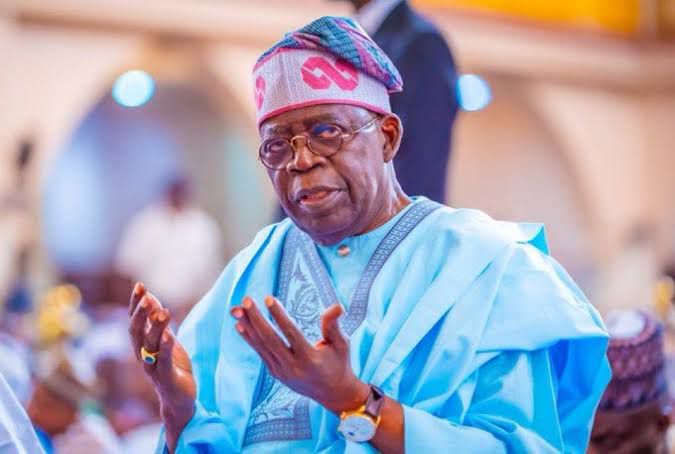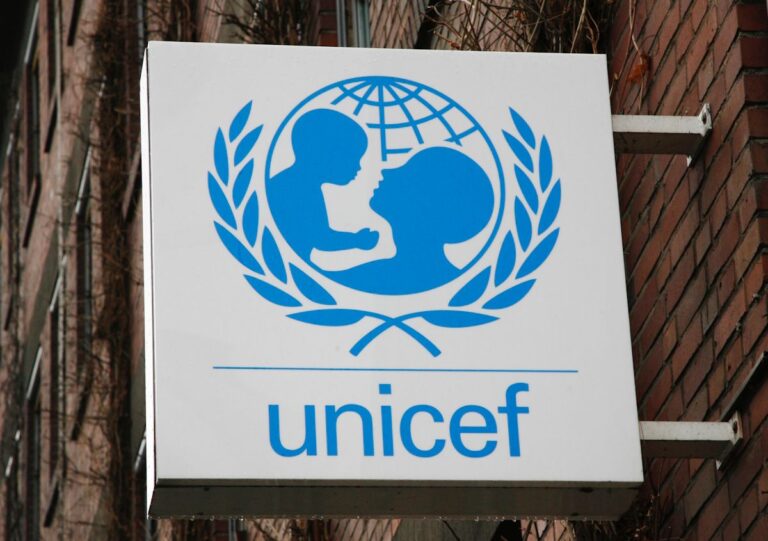The recent trend of systematic discontinuation of costly fuel subsidy among African countries has always been met with strong resistance.
On Monday Protests ignited by a recent hike in diesel prices turned violent in Angola’s capital, Luanda,with fatalities and numerous arrests recorded.
The unrest marks a significant escalation in public discontent over the government’s ongoing efforts to curb costly fuel subsidies.
Angola, the Southern African oil-producing nation increased the price of diesel by one-third this month, a move aimed at shoring up public finances. This latest hike follows a similar rise in gasoline prices in 2023, which also triggered deadly protests.
Public taxi associations, significantly impacted by the increased fuel costs, initiated a three-day strike on Monday, contributing to the widespread disruption.

Reports from local media, including Novo Jornal, indicate that at least three people were killed in the clashes, including a police officer.

Eyewitnesses and social media footage depicted scenes of chaos, with protesters engaging in looting and vandalism. Online photographs showed individuals fleeing with stolen goods from shops, also capturing large crowds confronting police.
The Luanda provincial government released a statement condemning “acts of intimidation and violence, with attacks on vehicles circulating on public roads,” and also denounced “vandalism, attacks on workers, destruction of public and private property.”
Police confirmed arrests had been made but did not specify the number. They reportedly used tear gas and smoke grenades, and fired shots into the air, to disperse crowds and restore order.
The recent protests are part of a broader wave of demonstrations that have swept across Angola in recent weeks, with citizens expressing frustration over the rising cost of living.

Meanwhile, the Angolan government has been gradually phasing out fuel subsidies since 2023, a policy supported by institutions like the International Monetary Fund (IMF) to strengthen the country’s economic output.

Similarly, other African countries such as: Nigeria, Ghana, Congo, and Senegal suffered the same faith as Angola when they recently removed Fuel subsidies. However, these measures have placed significant burdens on the population, particularly in a country where a large portion lives below the poverty line. With taxi fares and urban bus fares also increasing in response to the diesel price hike, public transport costs have soared, further exacerbating the financial strain on ordinary Angolans.



